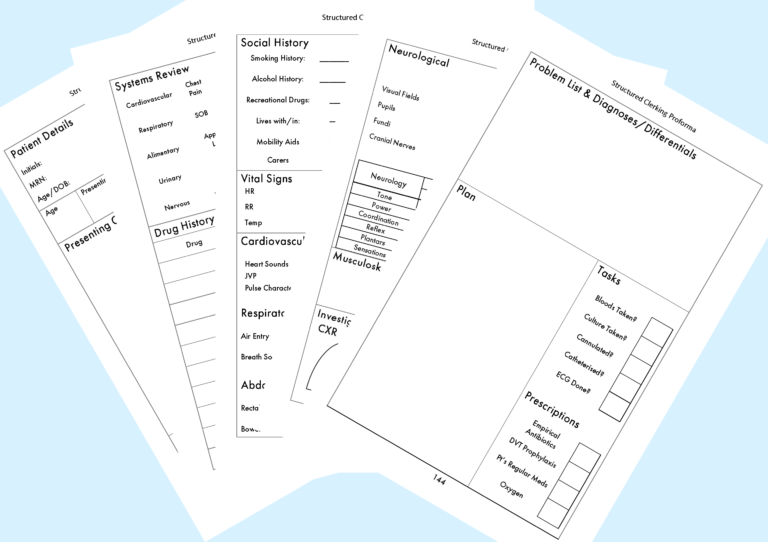Useful resources for medical students
Successful applicants and current medical students will eventually find medical school to be quite a challenge. Many resources will be useful during the course, ranging from question banks and trusty sources of medical information.
Study Resources
A wide range of study resources is available to support your academic progress, many of which are accessible free of charge or at a low cost. These include comprehensive question banks, high-quality video tutorials, and essential medical textbooks. Most recommended texts can be accessed via institutional libraries, removing the need for personal purchase.
As a medical student, you will likely find a combination of these resources useful in supporting a well-rounded and effective study approach.
Video Tutorials
Several online platforms offer engaging and informative video content across core medical topics. Notable channels include Armando Hasudungan (noted for his illustrated tutorials), Acland Anatomy (focusing on cadaveric anatomy demonstrations), Sketchy Medical, Doctors in Training, Osmosis, Dr Najeeb, and Pathoma—each offering distinct styles and areas of focus to suit varied learning preferences.
Textbooks
Recommended reading includes foundational and clinical titles such as Top 100 Drugs, ECG Made Easy, Oxford Handbook of Clinical Medicine, Netter’s Atlas of Human Anatomy, Kumar and Clark’s Clinical Medicine, USMLE First Aid Step 1, and Gray’s Anatomy. Additionally, the Unofficial Guide to Medicine series provides valuable insights into clinical practice, with a 20% discount currently available. The British National Formulary (BNF) is also an essential resource, accessible online, via app, or in print.
Question Banks
To consolidate learning and prepare for examinations, several question banks are recommended. PassMedicine offers access to pre-clinical sciences content, with clinical science access available with annual subscriptions. Other popular paid options include Pastest and Quesmed which covers both pre-clinial and clinical content. Geeky Medics offers a range of free resources. Acland Anatomy also includes short quizzes tailored to anatomical learning.
Clerking and History Taking Aid
We have also produced a clerking/history taking aid to help ease students into doctoring! These were designed specifically to help medical students to improve history-taking, examination, and patient presentation skills and to eventually become a skilled clinician. These structured notebook templates are available on Amazon in various professional colours.
Essential Items and Equipment
In preparation for university life and clinical placements, it is advisable to gather certain personal and academic items. While some of these are essential for immediate use, others will become increasingly important as studies progress into clinical settings.
Accommodation Essentials
Please note that university accommodation may not be fully furnished with personal living items. Students are therefore advised to bring essential belongings, including a duvet, bed sheets, pillows, a desk lamp, and basic kitchenware such as pots, pans, and cutlery.
Clothing Requirements
There is no formal dress code for attending university lectures and seminars. However, students are expected to wear smart casual attire—excluding the need for a blazer—during any sessions involving simulated or real patient interactions, such as clinical skills or communication training.
Stethoscope
A stethoscope is not immediately necessary during the pre-clinical years; however, it becomes essential for clinical placements. When the time comes, stethoscopes can be obtained through reputable sources such as the Littmann website, Amazon, or medical school suppliers.
Tendon Hammer
While not a compulsory item, a tendon hammer is a useful tool for practising neurological examinations, particularly in preparation for Objective Structured Clinical Examinations (OSCEs). Students may consider acquiring one for revision purposes.
Lanyards and ID Badge Holders
These are indispensable during clinical placements, as student identification must be clearly displayed at all times. It is recommended to have a durable lanyard or ID badge clip for ease of access and professional presentation.
Vaccination Records
Proof of specific vaccinations is required by the university prior to registration. In some cases, documentation may also be necessary to exempt students from additional vaccinations, such as those for measles, mumps, and rubella (MMR), hepatitis B (HBV), or meningitis.
